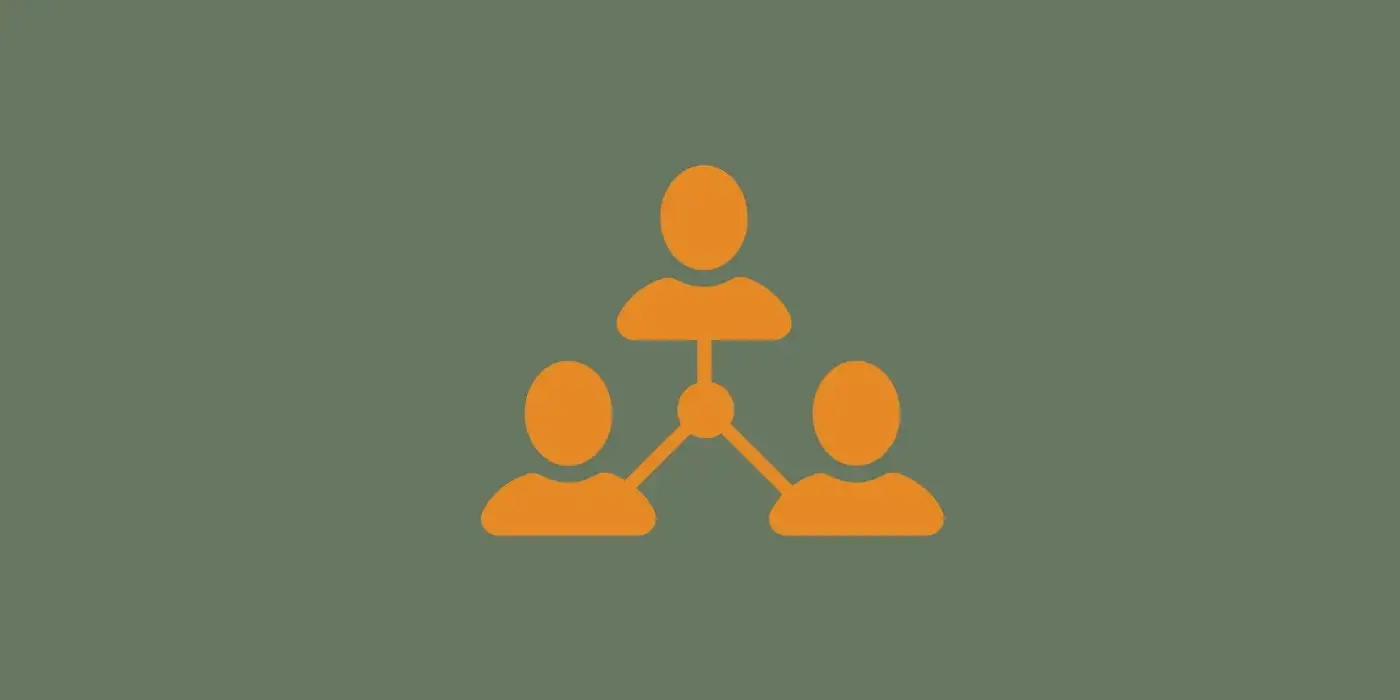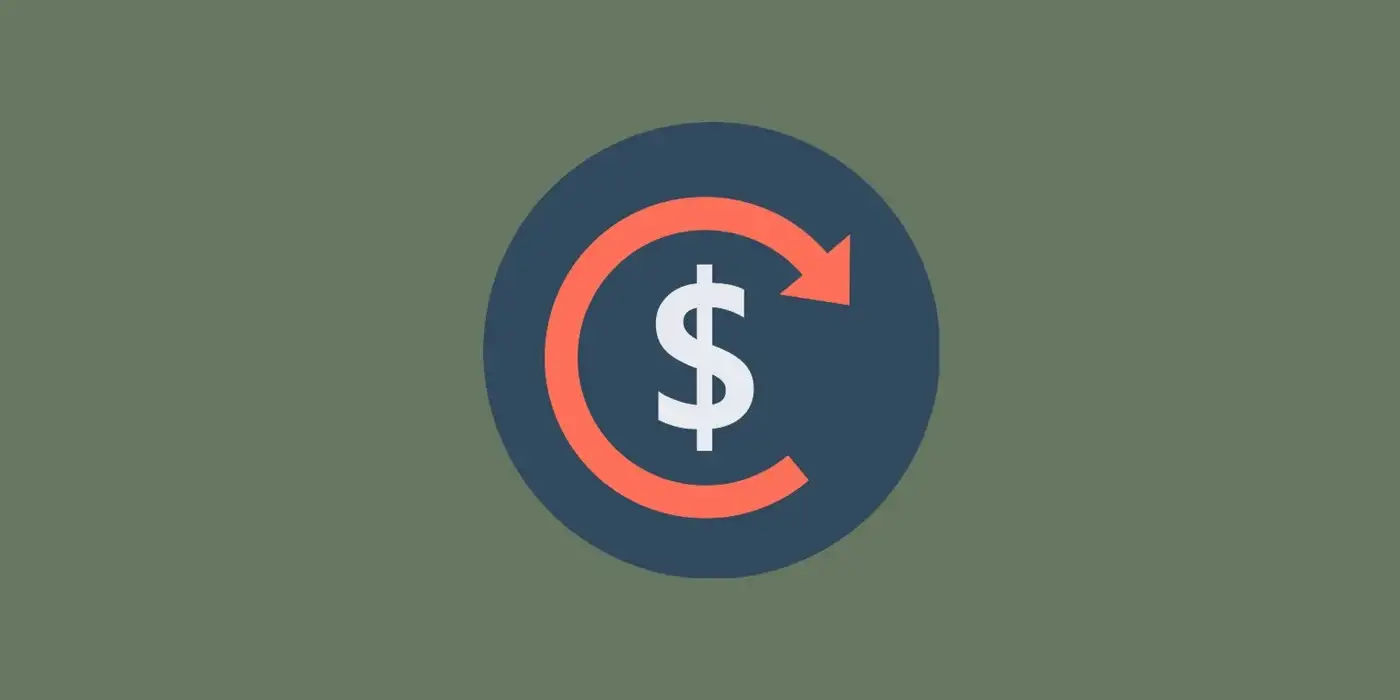
Freelancers were solopreneurs before the word solopreneur existed.
As a solopreneur, your life and your business are inseparable. Work-life balance is a concept that doesn’t quite apply here. As a business of one, your business is inseparable from your life.
Businesses and investors often use diversification to reduce their risk exposure. As freelancers, we can do the same by becoming 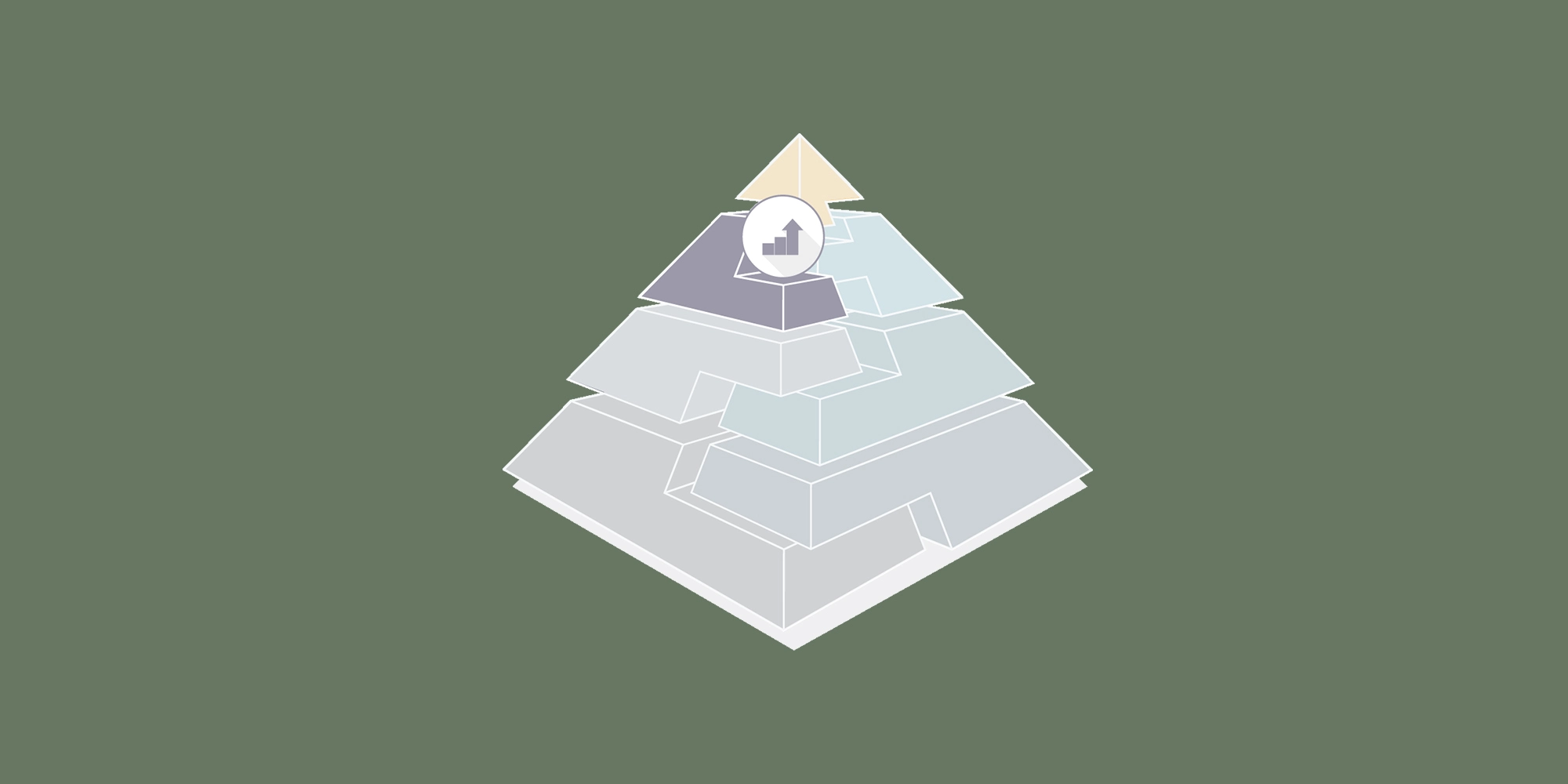 How To Become Financially Independent as a Freelancerfinancially independent.
How To Become Financially Independent as a Freelancerfinancially independent.
Diversify everything
In my freelance business, I try to avoid single points of failure everywhere I can. That’s why I have:
- Multiple income streams.
- Multiple bank accounts in multiple countries.
- Multiple acquisition channels.
- Investments in multiple asset classes.
- Multiple outsourcing/referral options.
Even if 3 crucial pieces fail today, I'll be in business tomorrow. Let’s see how each of these makes me more robust to crises and how you can make your freelance business more resilient.
Income streams
When I started freelancing as a web developer, I had one income stream. Today, I make money from:
- Freelance software development.
- Freelance writing.
- Book royalties.
- Course sales.
- Consulting.
- Medium royalties.
- Investments.
Those are seven income streams that support and fortify each other, but are independent in the sense that each one can survive without the others. This blog/newsletter is currently unmonetized, but when it reaches a certain amount of traffic, I will add it to the list.
Seven income streams doesn’t mean 7x the work. Most of these are passive to an extent - give them that initial nudge and check in on them occasionally. That adds more robustness to the model - if I’m taken out of commission (say, by illness) a good chunk of my income will keep coming in.
Bank accounts
Remember 2008 when entire banks disappeared from the face of the Earth? Or 2020 when Wirecard failed and knocked out Payoneer (the most popular way for freelancers to get paid in a large part of the world)?
Payoneer survived and restored all deposits (after a period of uncertainty). Some banks weren’t so lucky.
That’s why I make it a point to:
- Have bank accounts in different banks to counter the risk of bank failure.
- Have bank accounts in different countries to counter the risk of sanctions and war.
- Have multiple online payment methods connected to those accounts.
My bank can fail. My country can get thrown out of every international agreement. PayPal can ban me. I will still be in business the next day.
Client acquisition
I used to 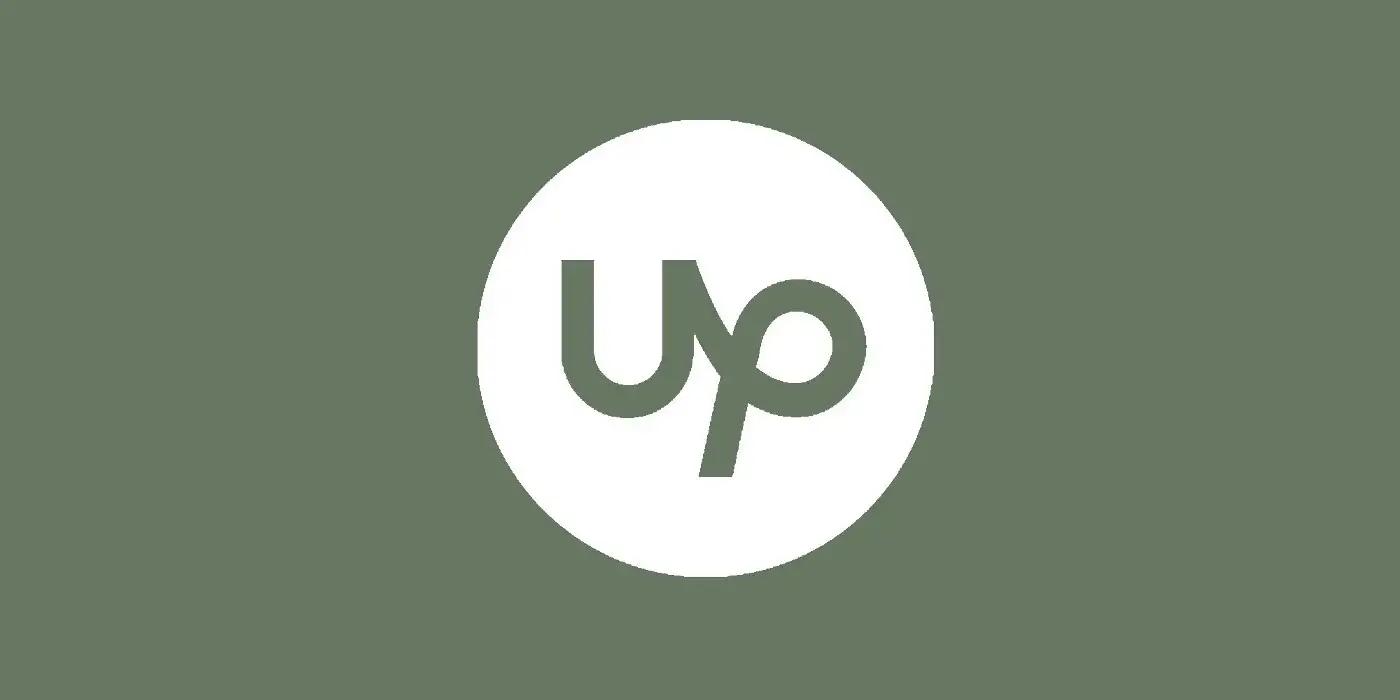 How I Made Over $150k on Upworkrely 100% on Upwork as my source of clients. I found it reliable and never lacked for quality work. In retrospect, I was taking on unnecessary risk.
How I Made Over $150k on Upworkrely 100% on Upwork as my source of clients. I found it reliable and never lacked for quality work. In retrospect, I was taking on unnecessary risk.
What if Upwork suspended me for some reason? It has happened to lots of people. What if the entire platform went down? What if clients migrated elsewhere?
Sure, I could set up shop on another platform, but it would take time to rebuild my reputation. Besides, another platform is hardly the answer. You should be able to find clients anywhere, even if you’re just using Google. It’s important to work on your marketing/writing/communication skills so you could find work in any environment.
Ideally, you would also build ways for clients to find you (such as a blog, a social media presence, or embedding yourself in relevant communities).
Investments
How much money you spend defines your lifestyle today. What you do with the rest defines the rest of your life.
Invest in several asset classes and don’t go for short-term wins. That’s easier said than done, because learning about investing is a time-consuming (and never-ending) quest. It’s a broad and complex subject rife with charlatans and predators.
But, you don’t have to be a pro. You just need to learn the fundamentals, know how to recognize scams, and invest in several asset classes.
I keep my money in stocks, gold, and real estate. My stock portfolio is split between index funds and major dividend-paying companies from several countries. Never expose yourself to losing more than 5-10% of your money if a single company fails.
Outsourcing
With all that said and done, there is one single point of failure left: you.
What if you are decommissioned for a few months (by illness, war, or a family crisis)? We like to live life as if these things will never happen to us, but they happen to people all the time. It is wise to be prepared.
How can you diversify yourself? You can’t, but you can control your downside. Work on building a referral network. Find some reliable 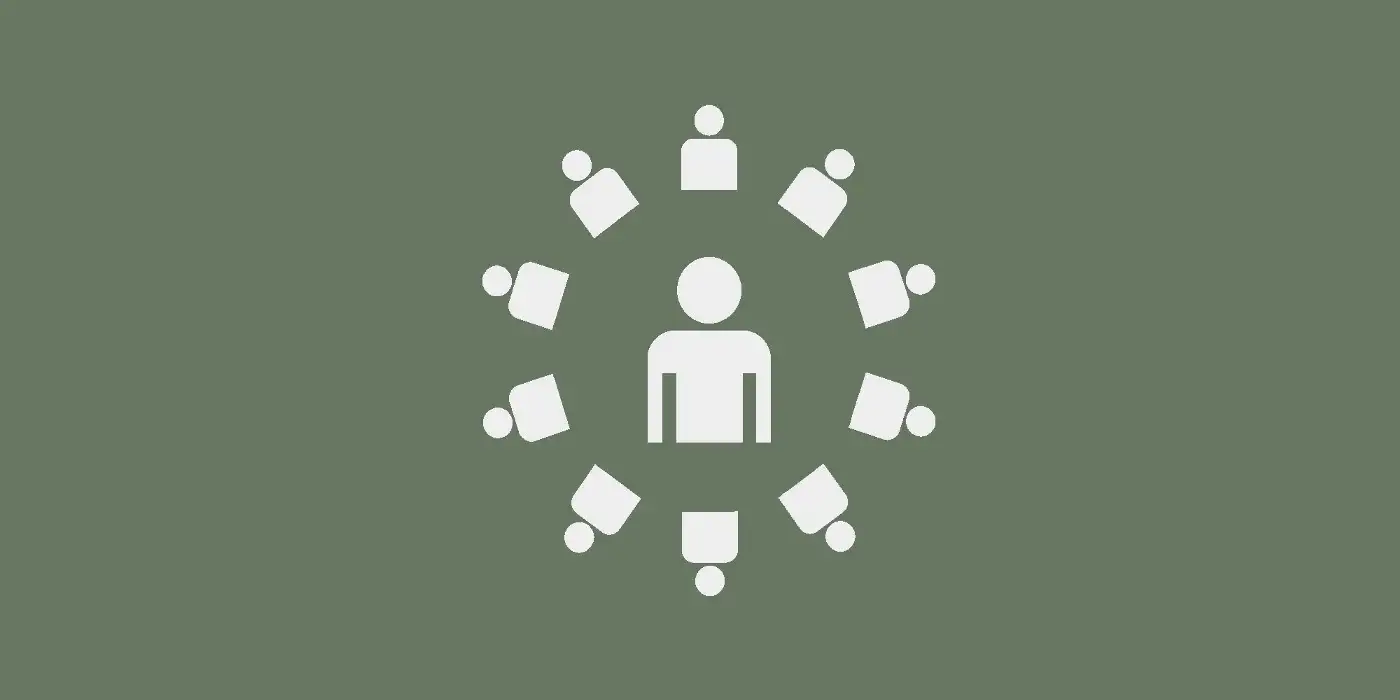 How I Used Outsourcing To Increase My Freelance Incomeoutsourcing options. The goal is this: if you suddenly find yourself in a situation where you can’t work for a while, you should be able to offload your clients to somebody reliable and charge a 20% fee for the service.
How I Used Outsourcing To Increase My Freelance Incomeoutsourcing options. The goal is this: if you suddenly find yourself in a situation where you can’t work for a while, you should be able to offload your clients to somebody reliable and charge a 20% fee for the service.
That way, instead of losing all your income, you have 20% of your income still coming in, and it’s passive income so you can deal with your life emergency.
Preparation is the key. Build your network before a crisis happens. Once things are falling apart, it’s usually too late.
There is such a thing as too much
Sometimes, people become overly careful and slip into paranoia. Don’t become a doomsday prepper. Put some processes in place to make yourself less vulnerable to events beyond your control, but never try to control everything.
For more insights on this topic, I recommend reading any of Nassim Taleb’s books. Antifragile might be the best one for our purposes.
And, last but not least, protect your health. Your happiness - and your business - depend upon it.
Don't miss the next blog post!
I publish a new blog post every Wednesday. Join the newsletter to get:
- One valuable email a week.
- Zero spam.
- Exclusive content not found in the blog.
- Reply directly to me with questions or feedback.
Use the form at the bottom of this pageon the right to join the newsletter.
